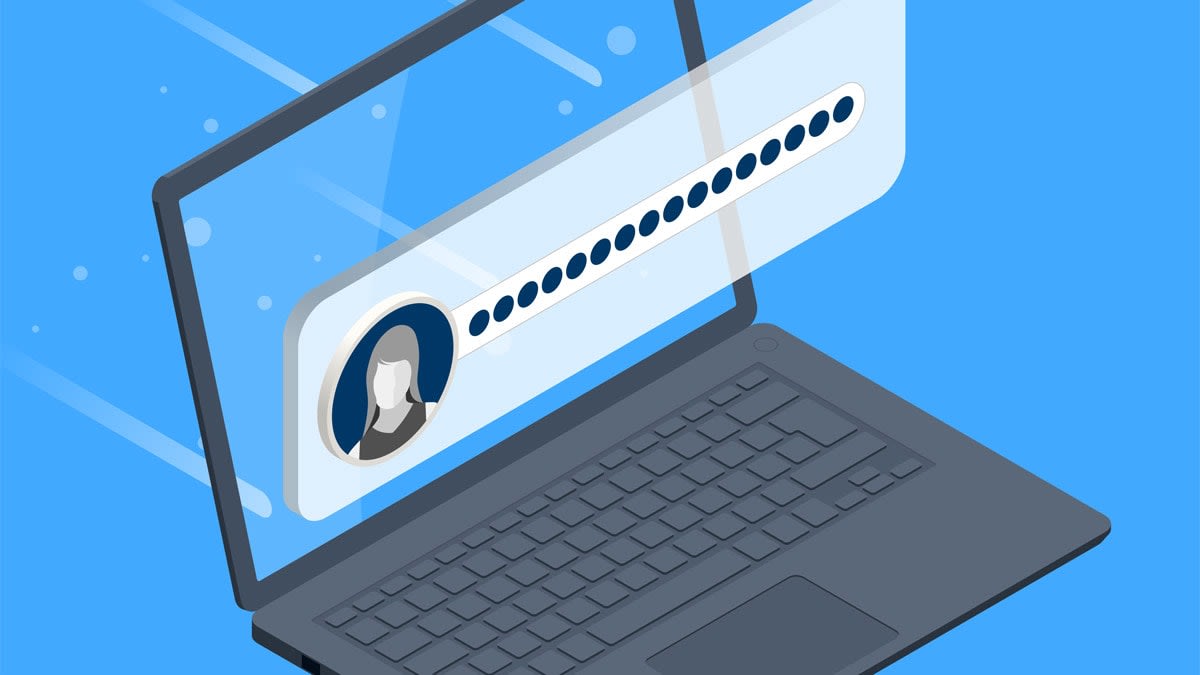“Password123” may be easy to remember, but it’s a disaster when it comes to security. Attackers like to go for the low-hanging fruit and try the obvious options first. And despite years of warnings from security experts, “password,” or a slightly modified version of it, remains one of the most common passwords out there.
Ideally, a password should be composed of a long string of characters. The more characters, the harder the password will be to break. Use at least 16 characters. Try stringing them together using a phrase only you know, such as a nonsense sentence that calls up a vivid image in your mind. You can even generate a string of random words in your password manager and write a sentence based on it. For this article, I generated a series of random words in my password manager, which were “uptake paring neighbor degrade overcoat subtlety tongue teredo exert ukulele.” I could write a sentence to use as a passphrase, including some of these words, such as “My neighbor wore an overcoat while playing the ukulele.”
One common mistake many consumers make is using easy-to-guess words. While apps and sites are getting better at stopping people from using the passwords most frequently uncovered in data breaches, people still find ways to use variations of them.
And don’t be tempted to weave in personal details like names and birthdays to make your password easier to remember. That could make it much easier for someone you know to guess your password.
It’s even easier to “guess” default passwords that come with some smart home devices, such as routers, webcams, TVs, toys, and even some high-end refrigerators. If you do buy a product with a default password, make sure to change it the minute you take the product out of the box. There’s no easier password to hack than one a criminal can find online or in a manual.
Source link
